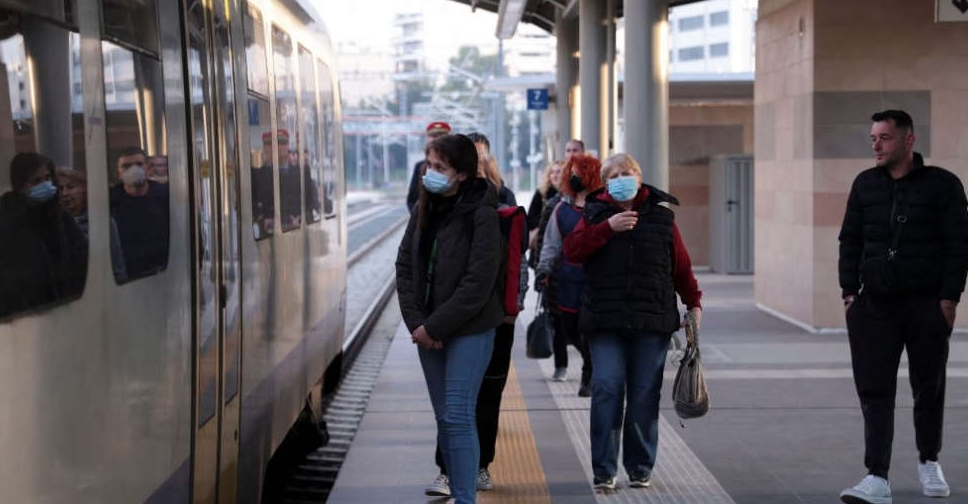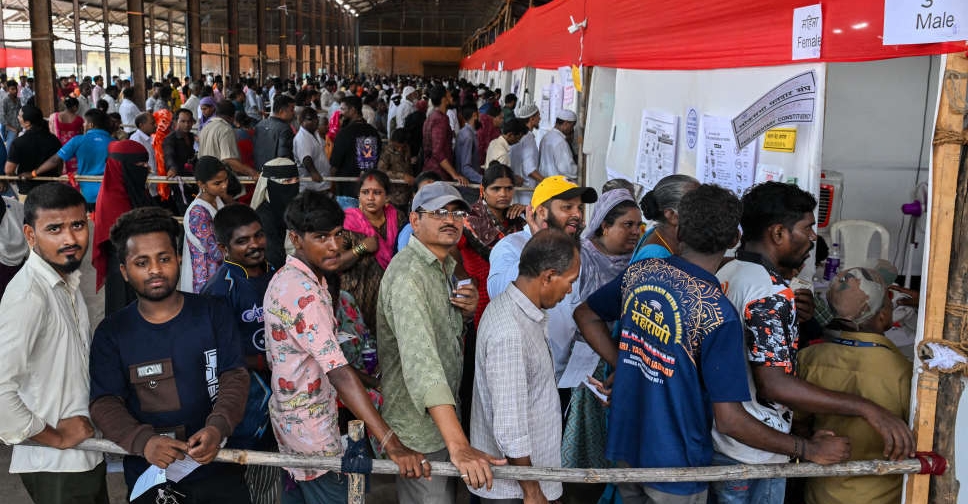
Greece reopened some train routes on Wednesday, three weeks after a deadly train crash forced authorities to suspend all rail service across the country over safety concerns.
All passenger and freight services have been halted since a passenger and a cargo train carrying more than 350 people collided head-on on February 28 on the same track near the city of Larissa, killing 57.
The rail disaster on the Athens-Thessaloniki route, Greece's deadliest on record, has sparked mass protests over safety shortcomings at an ailing network, the legacy of a decade-long financial crisis which ended in 2018.
The government has acknowledged delays in installing safety modern systems across the network and ordered a judicial inquiry, but has blamed the crash mainly on human error. Railway unions say the government repeatedly ignored their calls to improve safety systems.
Police have detained four railway workers, including the station master on duty after the magistrates' office charged them with disrupting public transport leading to deaths.
The Greek regulator also said last week that the station master and others had "inadequate" training.
"We will do whatever is humanely possible to win back the trust of our passengers," OSE rail agency Chief Executive Officer Panagiotis Terezakis said at a central Athens station before the first services set off.
"Considering that the train is the most environment-friendly mode of transport, it is worth putting all our efforts into its swift and safe resumption," Terezakis said.
Rail services will gradually resume in the next five weeks, Terezakis said, adding that trains will run at slower speeds and with an enhanced workforce at stations to safeguard travel.
Rail experts have pointed to years of delays in completing a remote traffic control and signalling system across a 2,500-km (1,550-mile) rail network, which could have averted the accident.

 Iranian President Raisi killed in helicopter accident, state media says
Iranian President Raisi killed in helicopter accident, state media says
 Assange given permission to appeal against US extradition
Assange given permission to appeal against US extradition
 Israel intends to broaden Rafah sweep, Defence Minister tells US
Israel intends to broaden Rafah sweep, Defence Minister tells US
 New Taiwanese president calls on China to stop threats
New Taiwanese president calls on China to stop threats
 India votes in fifth phase of elections
India votes in fifth phase of elections



